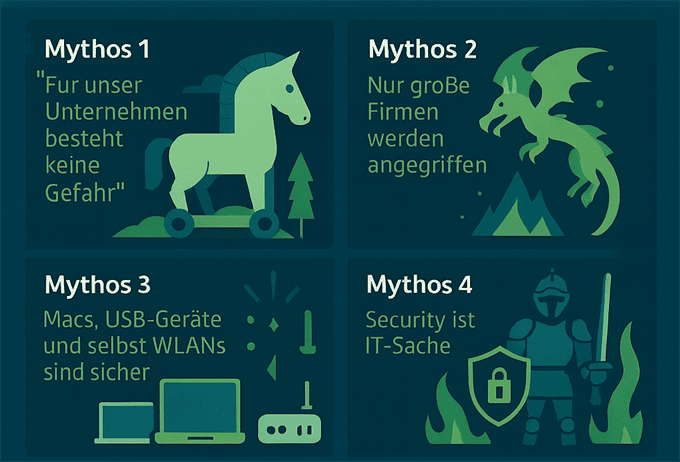Climate change biggest threat according to AXA study
AXA has published its annual Future Risk Report for the ninth time. For the first time, the globally surveyed experts consider climate change to be the greatest threat to the world's population. In addition, the war in Ukraine is increasing economic and geopolitical risks in particular.

For the Future Risk Report, AXA once again surveyed more than 23,000 participants worldwide, consisting of risk management experts and members of the public, on their perception of future risks. For the first time in the nine-year history of the study, climate change was ranked as the greatest risk. Last year, cyber risks were the top concern in the United States, and pandemics and infectious diseases were the top concerns in Asia. While health risks continue to be among the greatest threats in Asia and also Africa, the pandemic risk in Europe and America was pushed down this year by economic and geopolitical risks.
Climate change is the greatest global threat
In Switzerland, 76 percent of experts are concerned about the risks and effects of climate change (11 percent more than last year). As was the case a year ago, they thus again rated climate change as the greatest threat. For the first time since the study was carried out, experts in all regions are now of this opinion - last year, climate change only ranked first in Europe in a regional comparison. It is also worth noting that climate change is now also seen as the greatest potential threat by respondents from the US population. The only regional exceptions are the respondents from the populations in Africa and Asia - from their perspective, health risks will continue to represent the greatest potential threat in the coming years.
Confidence in public institutions to fight climate change has decreased compared to the previous year: Only 14 percent of global experts and 27 percent of people from the general public said the authorities were prepared for the coming risks. When the survey was conducted a year ago, the figure was 5 percent higher on both sides.
Economic risks increase
The current threat situation is additionally fueled by the Ukraine war and the associated geopolitical and economic problems. For the first time, three economic risks are in the top 10 of the global ranking (financial stability, macroeconomic risks, monetary and fiscal policy risks). They materialize in rising energy and food prices as well as inflation rates, and, according to experts, harbor an increasing potential for social unrest and movements. In Switzerland, too, the circumstances of the war affected the experts' forecasts: Energy supply (rank 4) and macroeconomic threats (rank 9) are now among the ten biggest risks.
At the same time, geopolitical tensions were also ranked among the top risks by 64 percent of Swiss experts - 20 percent more than in the previous year.
Switzerland sees itself less at risk when it comes to climate change
The risk management experts surveyed considered the global population to be increasingly vulnerable. 89 percent - five percent more than in the previous year - felt it was more vulnerable today than it had been over the past five years. Although the Swiss experts also perceive the majority of the global population (86 percent), the population of their continent (84 percent) and their own national population (56 percent) to be more vulnerable, they are the only experts in the global comparison to consider their urban population (42 percent) to be more resistant or at least equally resistant to risks than during the last five years.
Even though climate change is seen as a major threat, seemingly Climate risks in companies still to be undervalued, as another study recently found out.
Source: Axa
Risk perception of the Swiss population
The study also makes it clear that risks are not always assessed in the same way by the population as by the experts. The following ten risks represent the greatest future threats from the perspective of the Swiss:
- Climate change
- Pandemics and infectious diseases
- Pollution
- Energy supply
- Cyber Risks
- Geopolitical instability
- Social tensions and movements
- New security threats and terrorism
- Natural resources and biodiversity
- Financial Stability
Between May and June 2022, nearly 4,500 risk management experts from 58 countries and 19,000 members of the public from 15 different countries took part in the Future Risk Report 2022 survey. They were asked about the risks to which society will be most exposed in the future.









